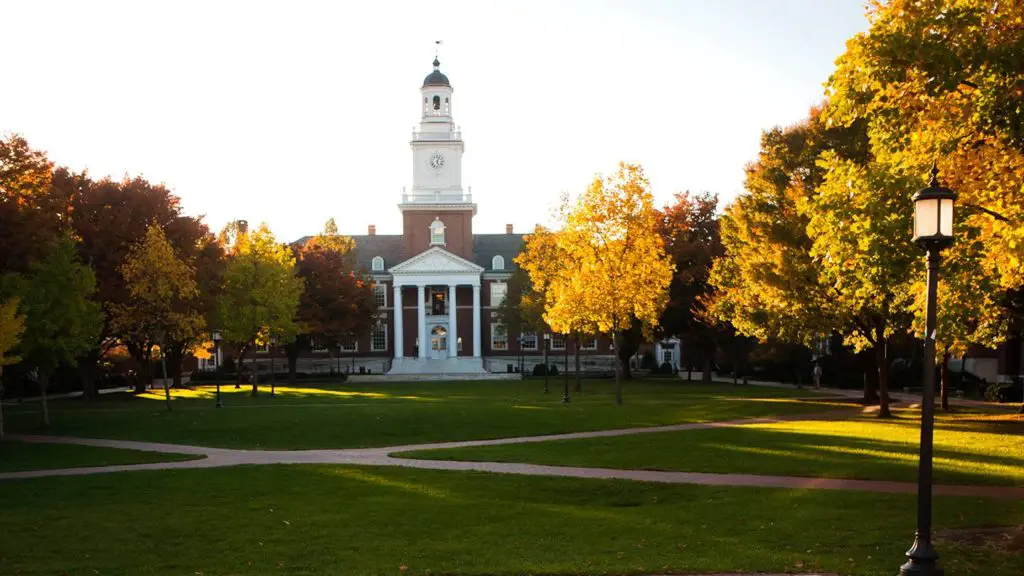Johns Hopkins University has decided not to extend its contracts with the U.S. Immigration and Customs Enforcement (ICE) after months of protests and continuous criticism by the community members.
Last week, the JHU Center for Law Enforcement Medicine ended contracts between the medical school and ICE to train the immigration agents to deal with emergency medical situations. The earlier tactical medical training contract worth $941,780 expired on Thursday.
“We notified the Immigration and Customs Enforcement (ICE) Office of Investigations (OI) several weeks ago and are currently negotiating a transition period that will allow for a safe and orderly wrap up of the medical programs,” Hopkins Medicine Senior Director of Public Relations and Corporate Communications Kim Hoppe announced in an email to The News-Letter.
Hopkins students have long been opposing their schools ties with ICE. In November, students staged a huge rally at Johns Hopkins to force the officials to cancel the $1.7 million contracts with its medical school.
After months of student organizing (led by amazing @TheGarlandSitIn, students who initiated direct actions/ continuous sit-in), Johns Hopkins Univ is finally ending contracts with ICE. An important, overdue, bare minimum.
And the contracts were primarily with the MEDICAL school. pic.twitter.com/QLUlNPvcx0
— Kat Fallon (@katjfallon) September 20, 2019
The demand gained momentum after immigrant children were separated from their families after Attorney General Jeff Sessions announced a zero tolerance policy for people entering the U.S. illegally in April 2018. The move drew sharp criticism from different quarters across the country.
The Hopkins Coalition Against ICE (HCAI) that has been at the forefront of anti-ICE movement on campus lauded the university for ending “disgraceful partnership with an agency that has caused irreparable harm for millions.”
“The campaign against the ICE contracts required persistent, committed organizing by dozens of groups to build awareness on campus and sustain participation of hundreds of students and community members,” the group said in a statement on Facebook.
“We hope that these efforts inspire others to take up and continue the struggle against ICE in their respective institutions and workplaces,” they added.

